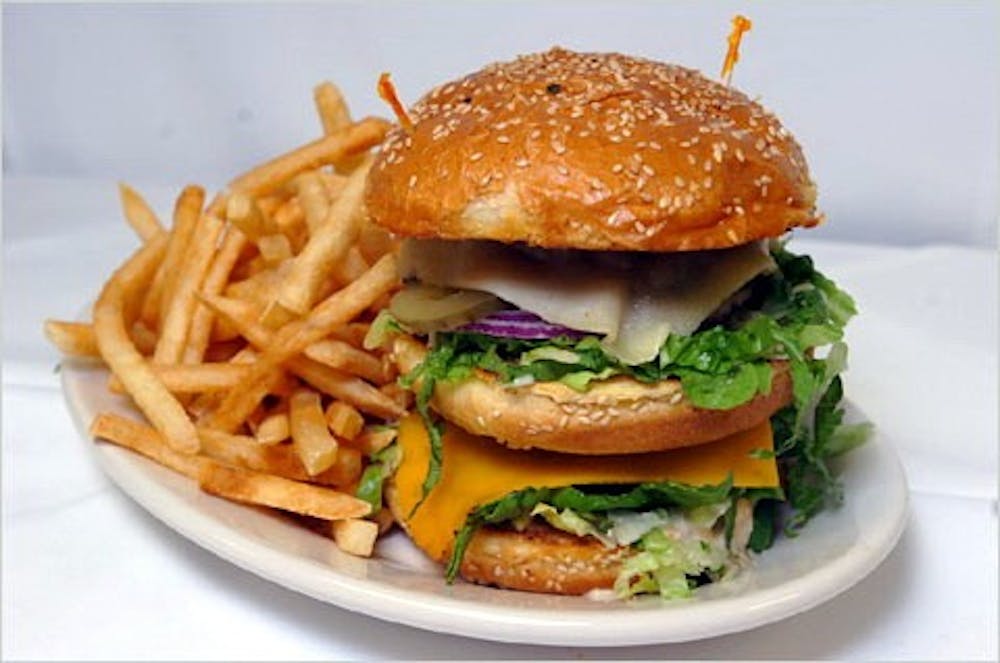Heartburn. Acid reflux. Chances are you’ve experienced one or both of these in your life. I have experienced both frequently since quite an early age. I should note that these conditions do not always induce vomiting (in fact this is the first time I have ever thrown up from heartburn). Regardless, I know that it is not normal for children and teens to experience these types of digestive issues so frequently. (As I have alluded to previously, I am not ‘normal’ and this is one of the many reasons why I now eat the way I do.)
Generally you begin having these problems more as you grow older. Heartburn is categorized as a burning sensation in your upper abdomen that is caused by the irritation of the esophagus by stomach acid. Acid reflux is when that acid makes it all the way up to the back of your throat and you can usually taste it (often people describe it as you previous meal “repeating” on you). Not pleasant. Not fun. In my experience it’s made worse by lying down, which is why it is often at its worst in the middle of the night after a few hours on your back. But the thing is, this kind of discomfort is (typically) entirely preventable.
Heartburn can be caused by eating too much, eating certain types of foods or eating too much of certain types of foods. For example foods high in acid, such as citrus fruits can cause heartburn. So can caffeine (somewhat common in the diet of an average college student) and alcohol (ditto). Even foods high in fats can lead to heartburn. Throw some exam stress and late night study-sessions into the mix, and students actually become the prime candidates for this type of stomach discomfort. This is concerning because although heartburn can seem like a minor ailment, it can lead to major health concerns such as esophageal cancer if it becomes chronic. So what do you do if you have it? If you’ve been down this road before, you probably know how to lessen the effects — Tums are a popular fix-it, as I’m sure you know. But these chalky tablets won’t undo the damage that’s been done to your esophagus, plus they’re disgusting. So instead of relief (of which I have never found a suitable method), let’s talk prevention.
The obvious method of prevention is avoiding foods that cause you discomfort. Though there are certain types of foods that are usual culprits, everyone’s bodies respond differently to different things. If you’re having trouble figuring out what foods you should be avoiding, try writing down what you eat everyday for a couple of weeks and keeping track of how you feel each day. Another trick that works for me — picture a meal that you usually eat, and if you get a sort of sour feeling in your stomach or bitter taste in your mouth, there’s a distinct possibility that your body is not a fan. I don’t know about the medical accuracy behind this one, but I do know that my body is usually subconsciously aware of what it likes and dislikes, even if the food in question is something that I consciously enjoy eating.
In addition to avoiding certain types of food, keep track of how much you’re eating — especially at night. Overeating in general can cause issues, but eating too much before you go to bed can increase the potential that you’ll experience heartburn. Eating too fast also contributes to acid reflux, so try to be more present while you’re eating and be more aware of how long you take to chew your food. Above all it is important to take digestive issues seriously. Heartburn and acid reflux can be indicative of serious health problems and can also cause serious health problems. If you find yourself experiencing symptoms often and are struggling to prevent them, you may want to see a medical professional. No matter how common or minor an ailment may be, it is important that you pay attention to your body. It will tell you when something’s wrong. Don’t let yourself suffer when you don’t have to!






